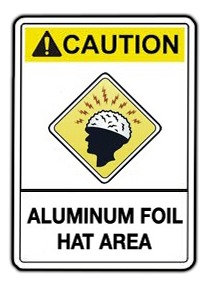 I don’t have to chew as much.
I don’t have to chew as much.
Because what’s chewing when I can chimney-slide it down? From the second my McDonald’s Double Quarter Pounder is unsheathed to when I squish ‘n toss the wrapper, I barely have to work my jaw. It’s a true metaphor for American cultural identity: less chewing/more swallowing. And whoever thought up printing “nutritional” information on something with such a limited hand-to-mouth life is a genius!
Don’t look at me; I’m hideous.
Even as I decry such privileged attributes as lazy eating, I’m occasionally swayed by food-matter that requires neither fork nor self-respect. Never mind that I’m hunched in my car, windshield angled at a hedge to hide my private shame. Kookiest part is, the way I wipe my mouth, use my napkin, or react when a chunk falls from my fingers or face is very different than what I exhibit at my own dinner table or in an actual restaurant. It’s the Jekyll and Hyde of posture and manners: as if it would feel right somehow to take off my shirt to eat a Big Mac.





